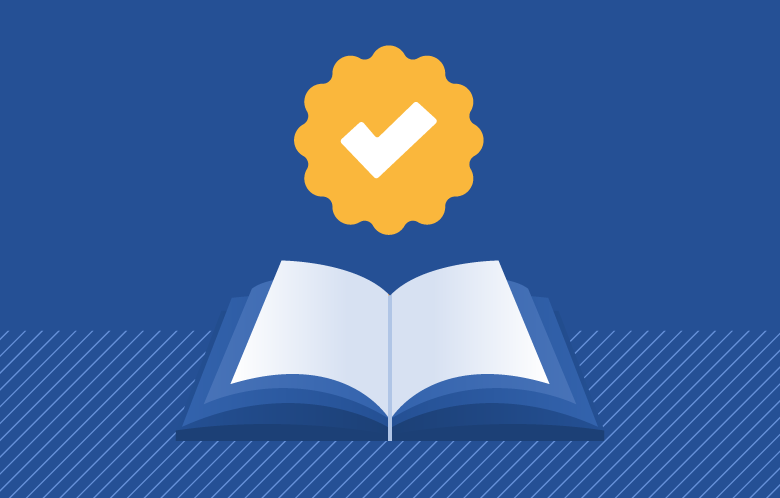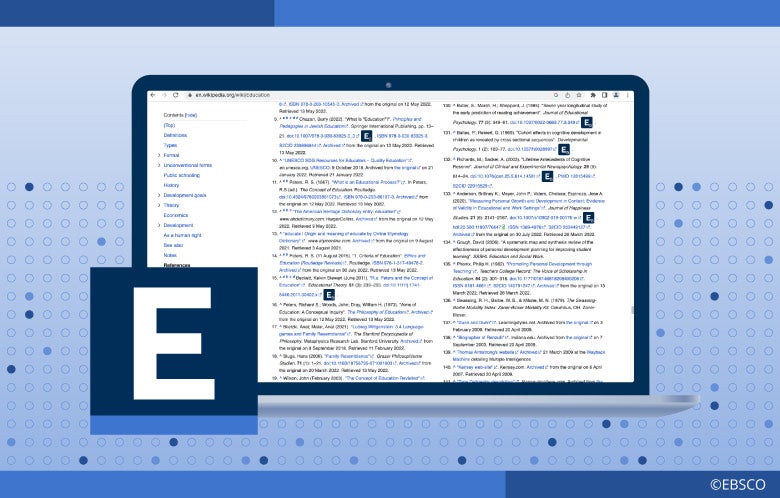It’s fall and you know what that means – school is back in session and students are hitting the books and seeking research tools at the library. Finding reliable, trustworthy sources can be a difficult task for students, and distinguishing between fact and fiction has never been more challenging.
Being Misled by Misinformation
Unfortunately, misinformation is everywhere. Fortunately, we have strategies to identify it. Here are six steps for students to follow to become experts in distinguishing between misinformation and trustworthy content:
- Consider the Source. Reputable sources are more likely to provide reliable information. They should look for .edu or .gov in website addresses.
- Cross-Check. It’s vital to use multiple sources to verify information. They need to be wary if they can find only one source for a piece of information, or if that information is contradicted by other sources they trust.
- Evaluate Author Credentials. They should research the author and verify that their qualifications are legitimate.
- Verify References and Citations. They need to check references and citations to ensure the information is supported.
- Fact-Check. They can use tools such as Snopes and FactCheck.org to check facts and identify misinformation.
- Analyze Critically. They should check content for language that inflames emotion or inspires fear.
Finding Trustworthy Content
Although conducting research is a demanding and time-intensive undertaking for students, it’s part of a skill they need to master. Once they understand the traps of easy access to misinformation, they can feel more confident in the value of vetted information. Reliable databases help by providing students with access to reputable sources and information curated by experts and reviewed by peers.
Consider reminding students about the value of reliable databases and all they have to offer:
- Top-ranked journals within a field of discipline — identified by established field experts
- Quality open-access journals with expert indexing to make searching the full body of research quicker and easier
- Global perspectives with content from all areas of the world
- High-usage journals from reputable subject indexes including SCOPUS and Web of Science
Full-text databases from EBSCO, such as Academic Search Ultimate, reflect trustworthy content vetted by subject-matter experts. Request information about the full-text database below.



